

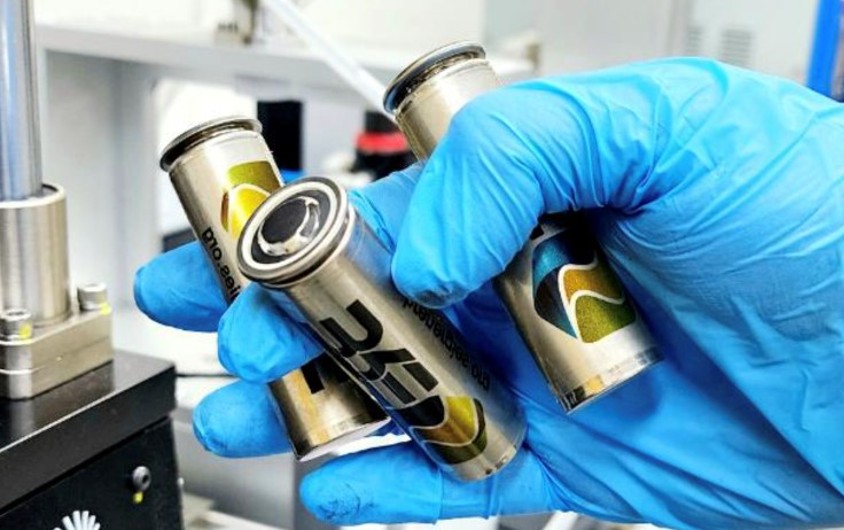
At an event held in Campinas (state of São Paulo, Brazil), FAPESP, Shell, UNICAMP, USP and UFSCar announced the renewal of support for the Center for Innovation in New Energies, which will have 15 new research projects dedicated to improving technologies to make Brazil an exponent in the energy transition.
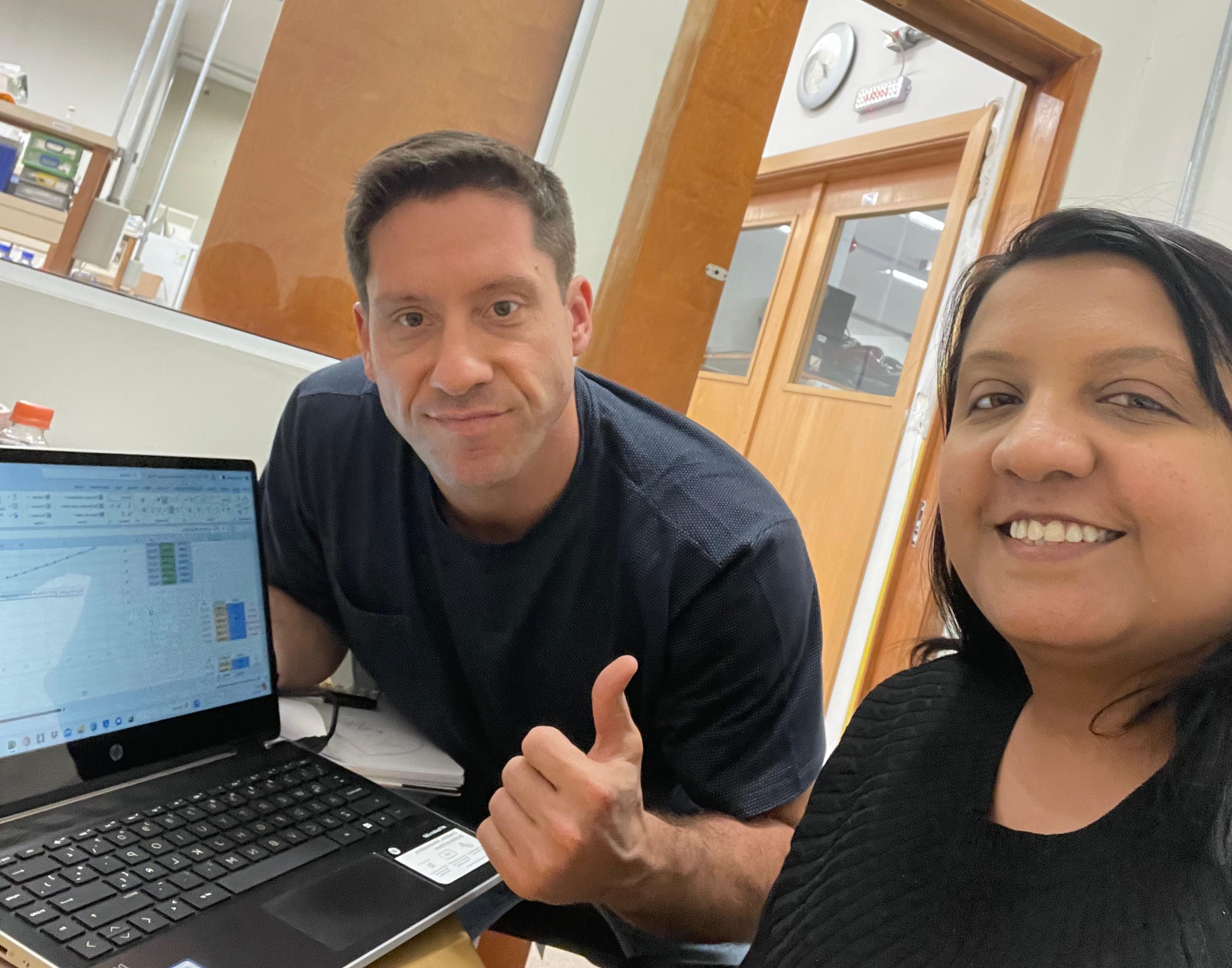
Researchers isolated a strain of Pseudomonas alcaligenes that can withstand temperatures as high as 44 °C from a hot spring in Chile, and characterized the substances produced by the bacterium that help it survive extreme conditions.
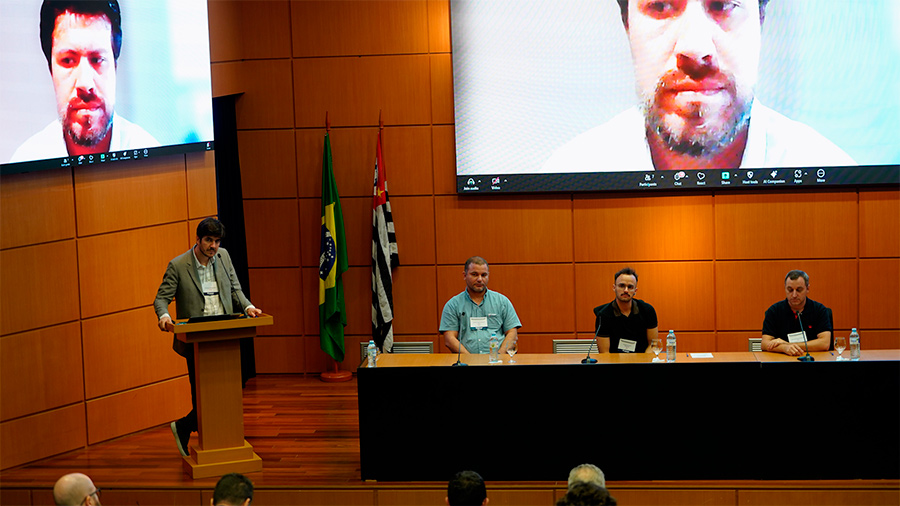
Foundation launches program aimed at accelerating creation, training human resources and stimulating scientific and technological leadership in the state of São Paulo and Brazil in the field, with potential impacts on sectors such as health, agriculture, communications and computing.
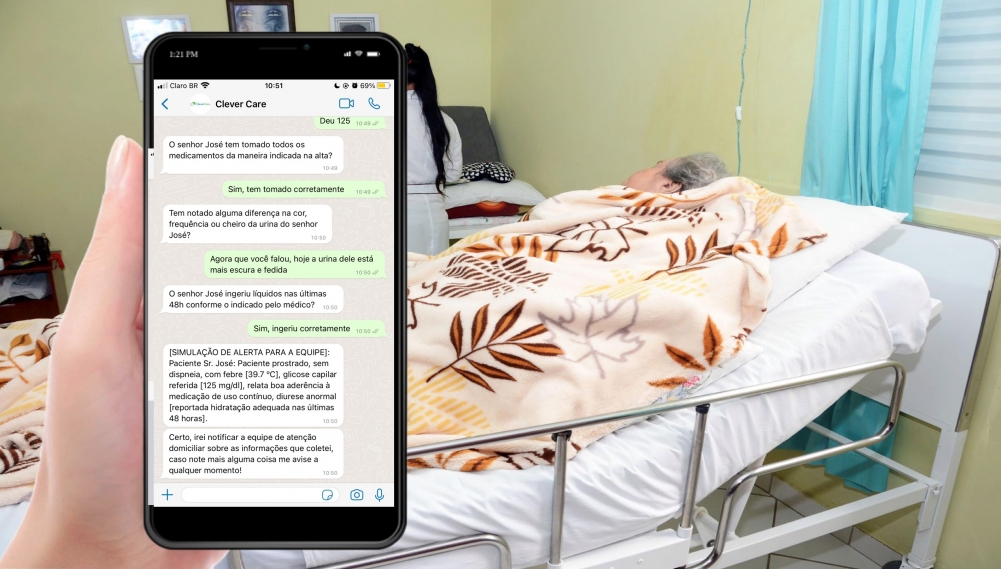
System developed by FAPESP-supported startup provides information and guidance after hospital discharge.
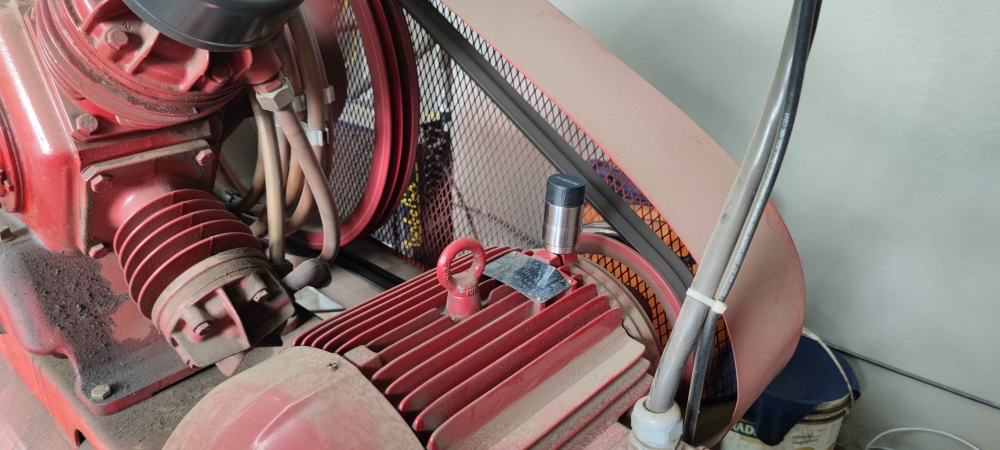
A combination of wireless sensors and artificial intelligence, developed by a FAPESP-supported company, can help companies of different sizes avoid losses due to production interruptions; the startup took part in a business mission during FAPESP Week Spain.
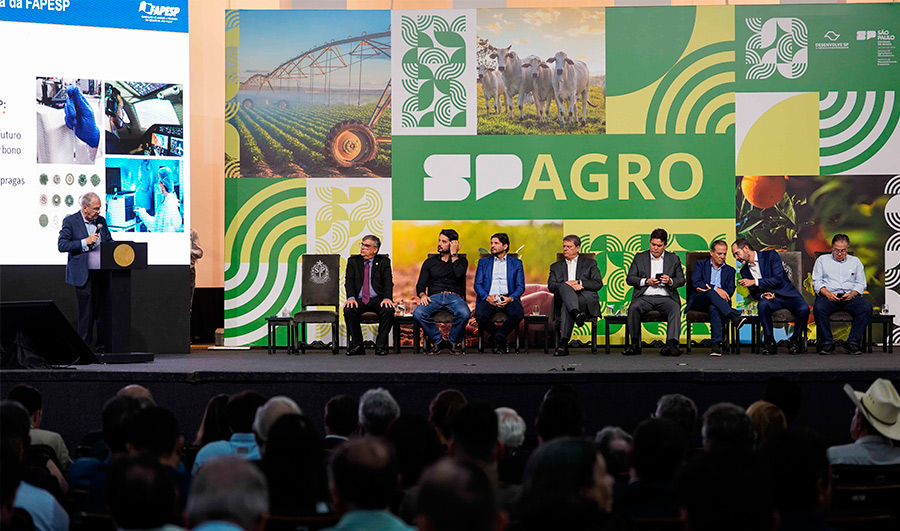
The Applied Research Center for Innovation and Sustainability in Citrus Farming was inaugurated on December 12th in a ceremony at the Palácio dos Bandeirantes, seat of the São Paulo state government.

Portable device developed by a FAPESP-supported startup allows for the preventive detection of changes and the treatment of the material so that it remains suitable for use; company participated in business mission during FAPESP Week Spain.
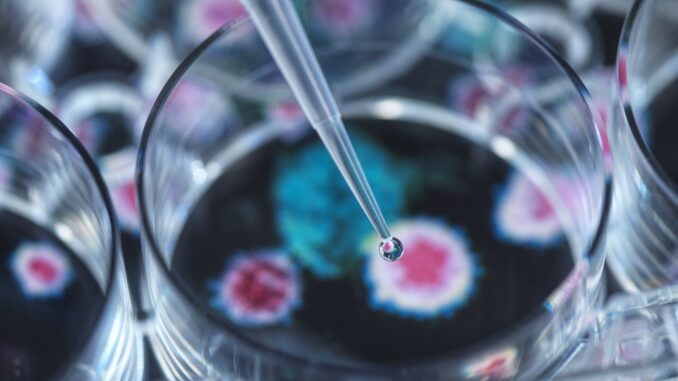
The result of collaboration between groups from the Federal University of São Carlos (Brazil) and Jaume I University (Spain), the innovation has already been patented.
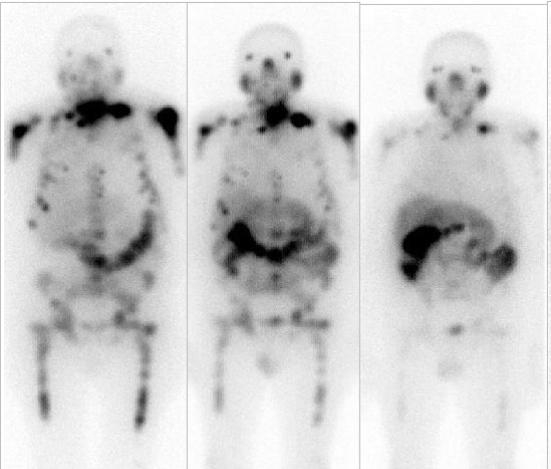
The formula developed by a startup supported by FAPESP is used to treat patients without therapeutic possibilities.

Deep techs supported by the Foundation’s innovative research program and that participated in FAPESP Week Spain are looking for partnership opportunities and potential investors in the European market.

Using a mathematical model, researchers at the Research Center for Greenhouse Gas Innovation demonstrated a potential reduction of more than 15% in polluting gases.
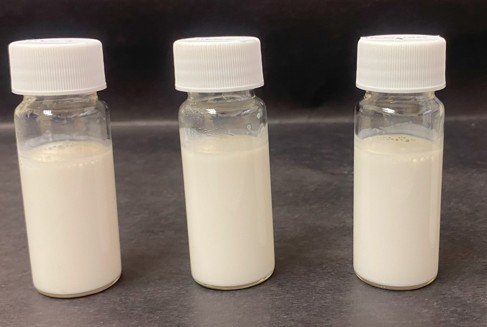
The strategy developed at the State University of Campinas consists of submitting the ingredient to heat treatment and combining it with guarana extract and vitamin D. The result could become an alternative to animal products.

São Paulo-based startup supported by FAPESP develops cheaper and more sensitive alternative to imported test kits.
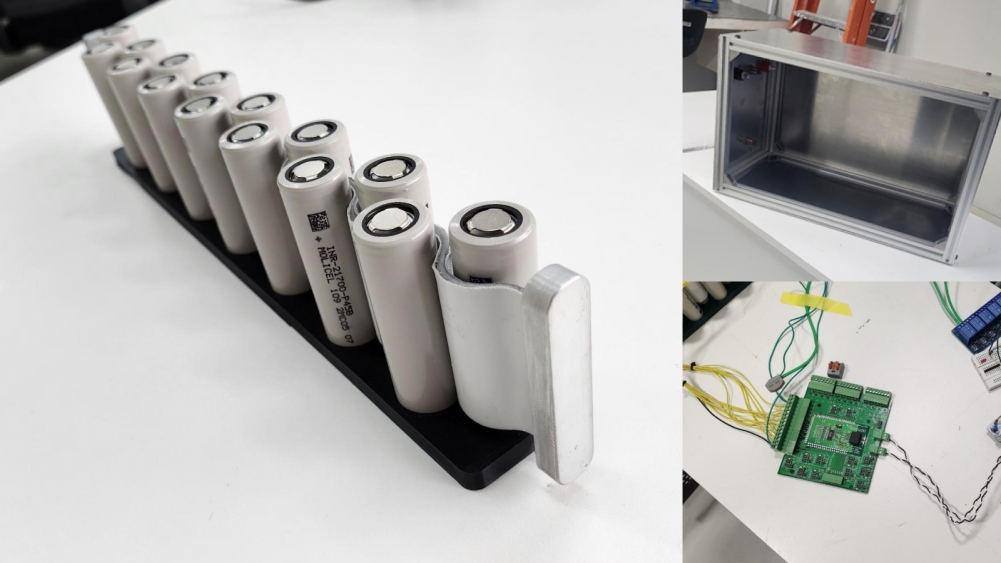
The FAPESP-supported deep tech aims to supply batteries to manufacturers of electric vertical takeoff and landing vehicles and operators of transportation services.

International event will be held on May 3-16, 2025, at the University of São Paulo’s campus in São Carlos.

Of the 875 deep techs mapped nationwide, 28% have received funding from FAPESP’s Innovative Research in Small Business Program (PIPE), says the report produced by consultancy Emerge in partnership with Cubo Itaú, an important private sector incubator.

The platform, which was developed with FAPESP’s support, uses a clinical protocol based on cognitive behavioral therapy. The startup responsible participated in a business delegation to FAPESP Week Italy.

Material was compared with conventional dentifrice through in vitro tests on bovine teeth.
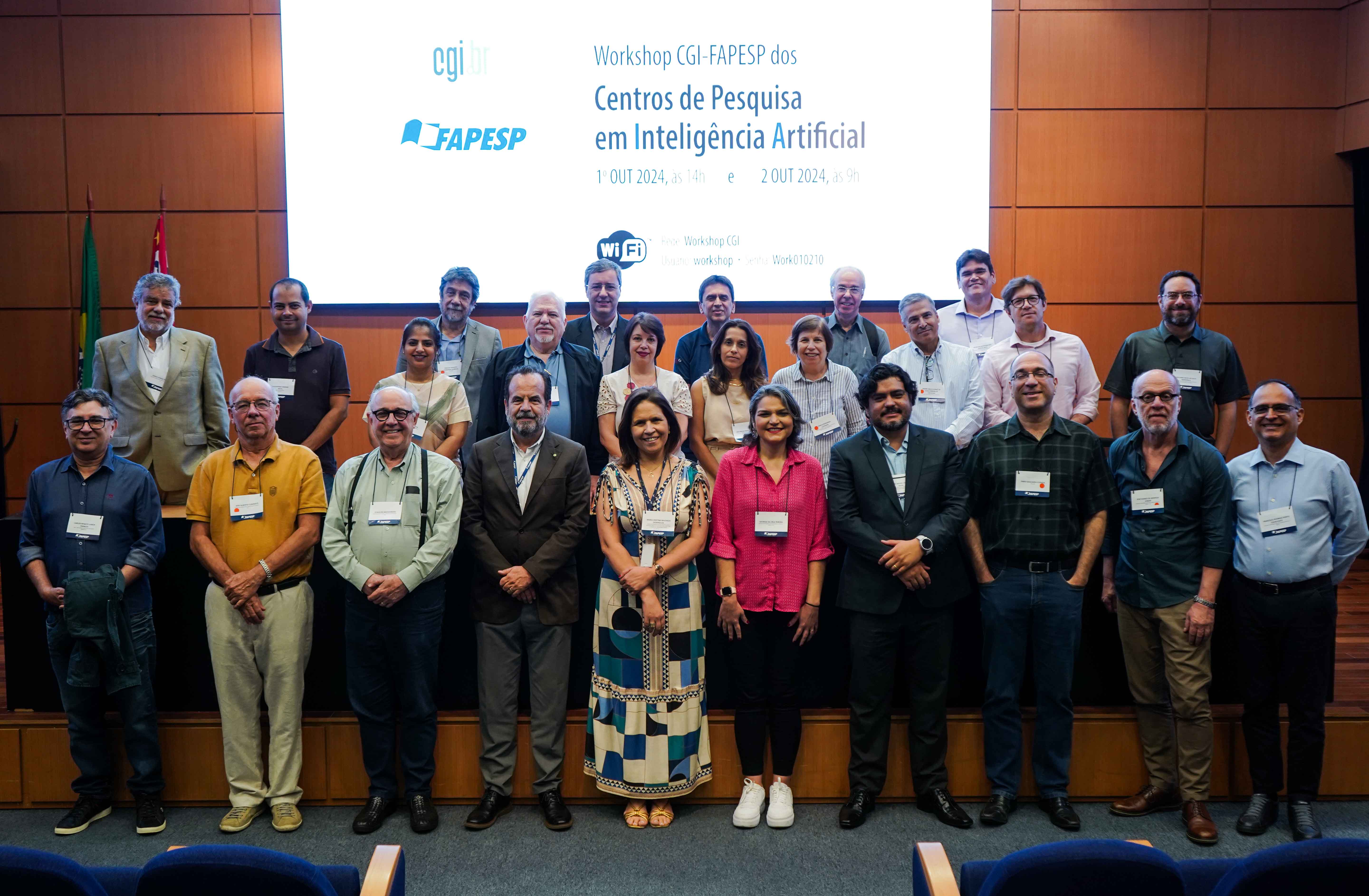
Located in different parts of the country, the centers will conduct research in science, technology and innovation addressing problems that can be solved by AI in such areas as health, agriculture, manufacturing, and smart cities.
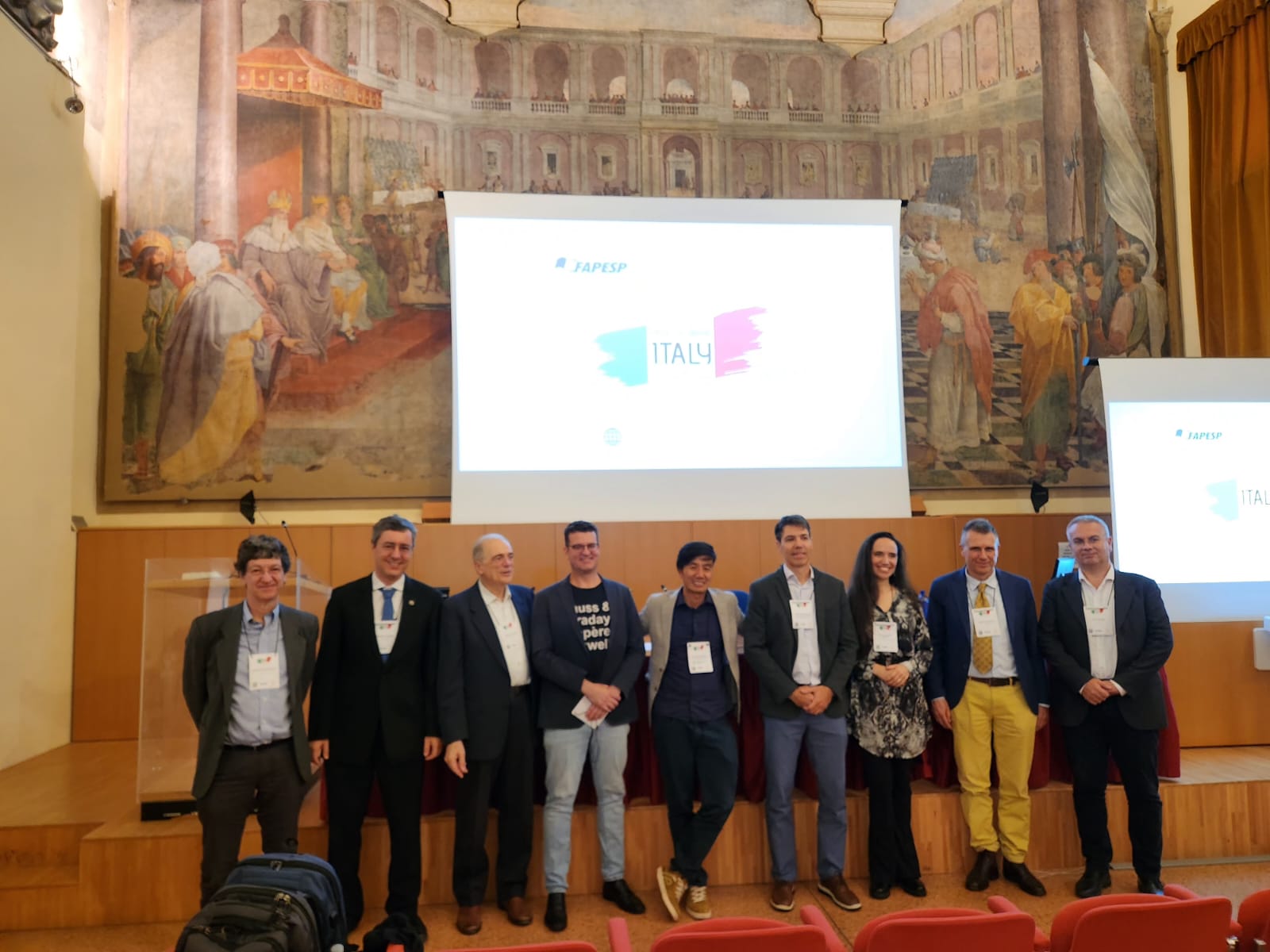
Solutions developed by a startup supported by FAPESP through its innovation in small businesses program were presented during FAPESP Week Italy.
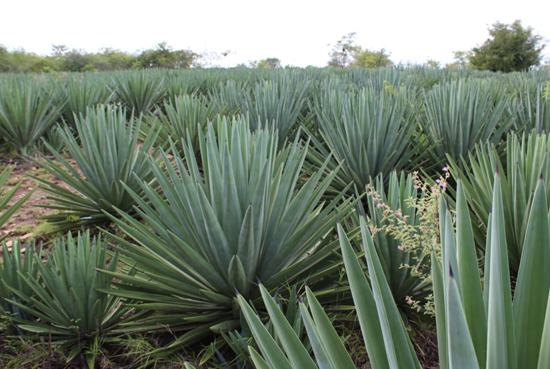
The goal is to develop an alternative for bioenergy production that can be grown in semi-arid regions, which are advancing in Brazil and worldwide; results were presented during FAPESP Week Italy.
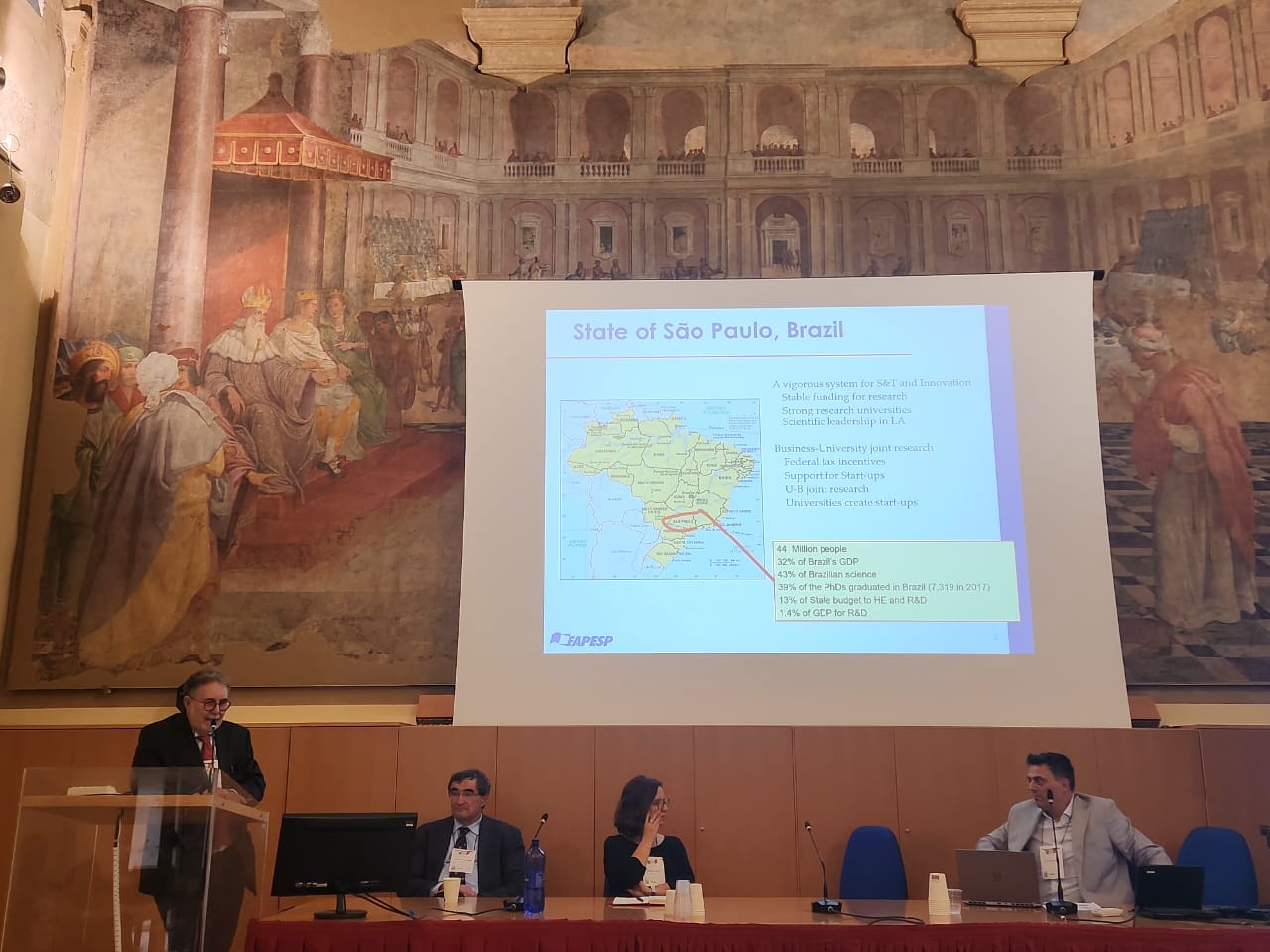
The panel included Carlos Américo Pacheco from FAPESP, Marina Silverii from Attractiveness Research Territory Emilia-Romagna, and Claudio Melchiorri from the Università di Bologna.
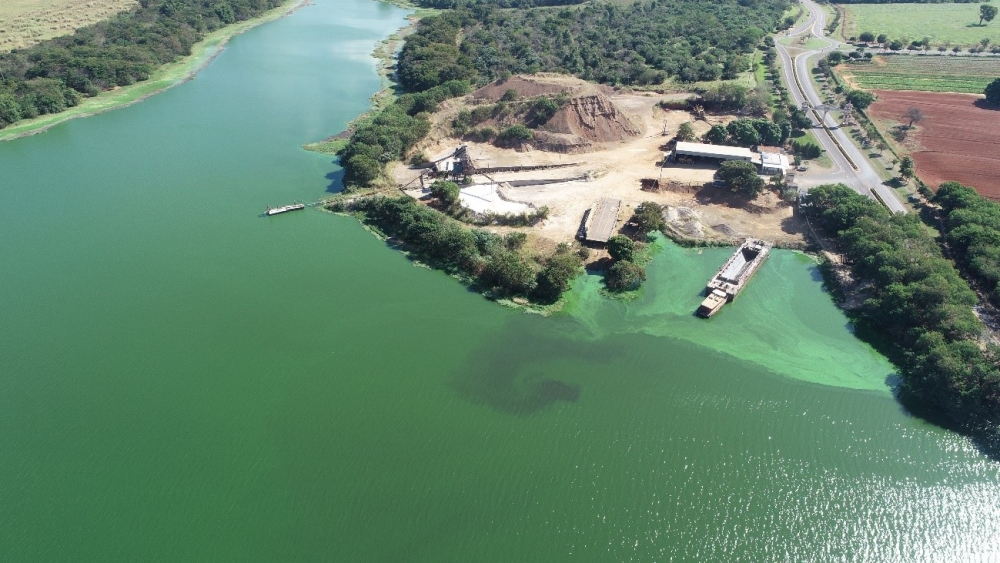
With FAPESP’s support, the startup plans to collect biomass from the cyanobacterial blooms that have turned the Pinheiros River green in São Paulo city and convert it to bioproducts.
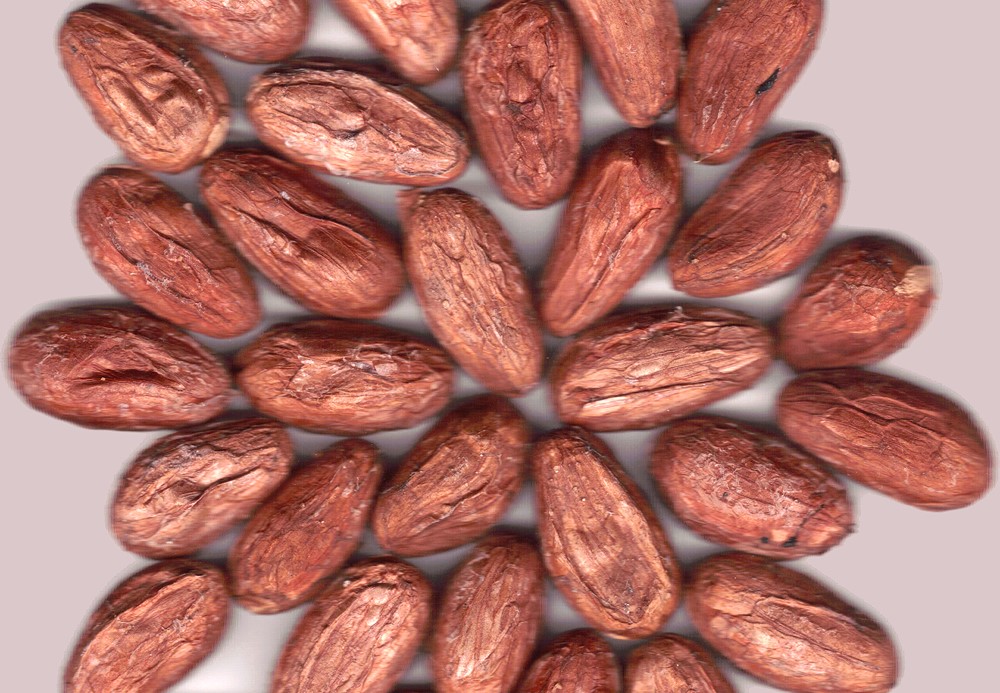
An invention developed at the State University of Campinas (UNICAMP) obtains theobromine and caffeine from coca bean husks using stingless bee honey as a solvent. The method is a safe alternative to conventional processes, which can be harmful to human health and the environment.
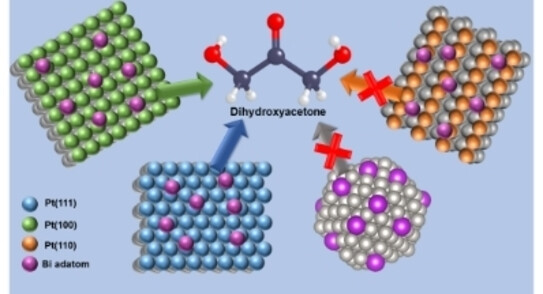
The experiment of the Center for Development of Functional Materials was described in an article in the journal ChemCatChem.